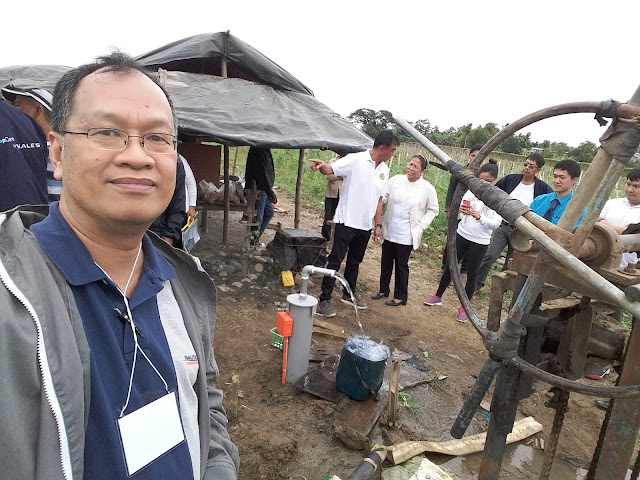From Land to Learning
Formed by a group of dedicated farmer-beneficiaries under the government’s Comprehensive Agrarian Reform Program (CARP), MBG Farmers Irrigators Cooperative has long been a vital force in the rural economy of its community. With strong roots in rice farming and irrigation management, the cooperative was originally organized to empower farmers through land ownership and collective productivity.
Today, it stands as more than just a farmers’ cooperative—it is a beacon of innovation and shared knowledge, recognized officially as an LSA, where it hosts learning sessions, field demonstrations, and technical trainings for farmers, youth, agricultural extension workers, and other stakeholders in the agri-fishery sector.
Building Capacity Through Agriculture
The LSA program, spearheaded by the DA-ATI, aims to recognize and support farmer-led farms that showcase effective, sustainable, and innovative farming practices. The MBG cooperative fits this mold perfectly. Its members have adopted diversified and climate-resilient farming systems that include:
-
Palay production using water-efficient irrigation systems
-
Integrated rice-fish farming
-
Vermicomposting and organic fertilizer production
-
Use of farm machinery for postharvest processing
As an LSA, MBG now serves as a hands-on learning venue where trainees can engage directly with actual farming processes—from land preparation and crop production to marketing and cooperative management.
Agrarian Reform in Action
The MBG Farmers Irrigators Cooperative’s recognition as an LSA also underscores the success of the Department of Agrarian Reform’s support services, particularly in ARBO development and sustainability. With the backing of DAR and its partnership with DA-ATI, cooperatives like MBG are not only increasing farm productivity but also fostering a new generation of farmer-leaders and agri-entrepreneurs.
Empowering Rural Communities
For members of the cooperative and the broader community, the impact has been transformative. Local farmers now have access to technical training without the need to travel far, while young people are being drawn back to agriculture through MBG’s inclusive, community-based learning approach.
“Our farm is not just a source of livelihood—it is a classroom, a laboratory, and a place of hope,” says [Cooperative Chairperson/Manager], highlighting the importance of farmer-led learning in rural development.
The Road Ahead
As MBG Farmers Irrigators Cooperative continues to grow in its dual role as a productive ARBO and a Learning Site for Agriculture, it envisions further innovation, partnerships, and youth engagement. Plans are underway to expand its demonstration areas, host more specialized trainings, and serve as a model for other ARBOs aspiring to become LSAs.
Its success story is a testament to what can happen when agrarian reform, cooperative empowerment, and agricultural education converge, building not only better farms but stronger, self-sustaining communities.


















































